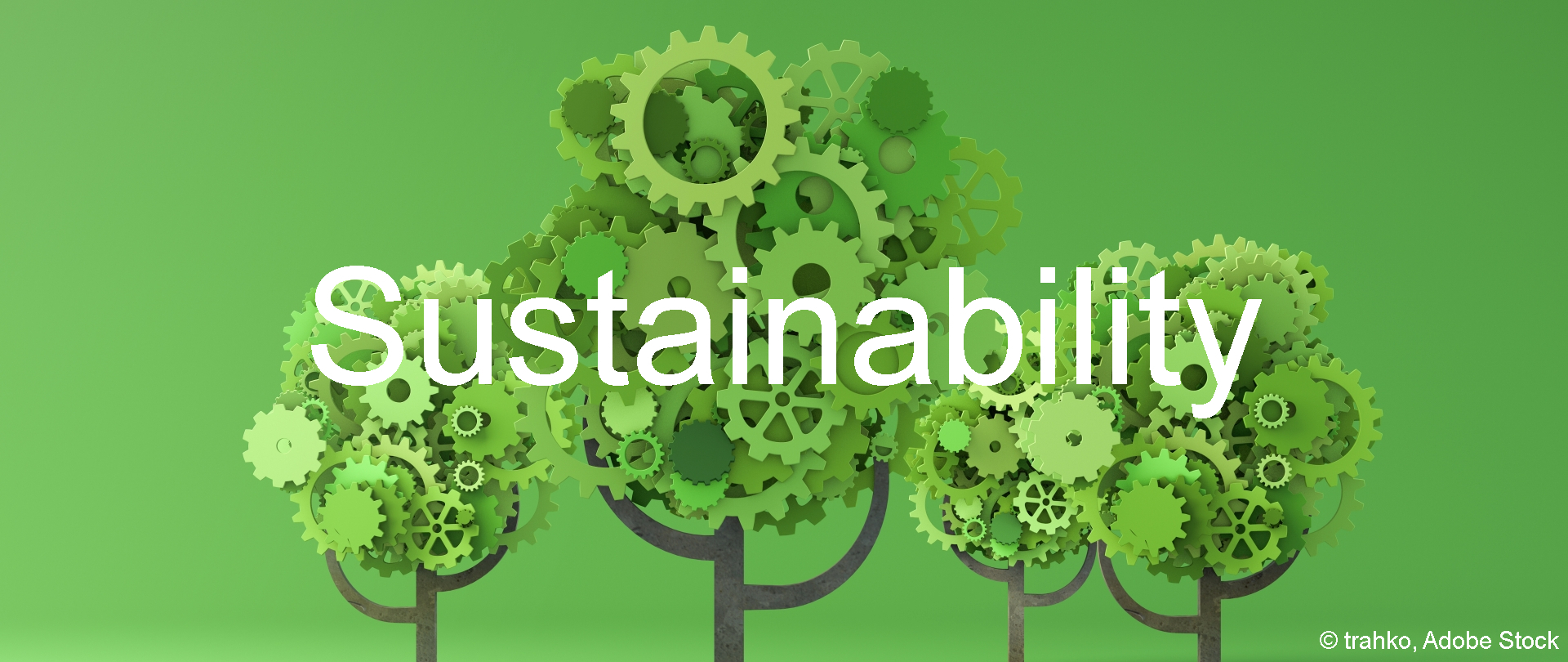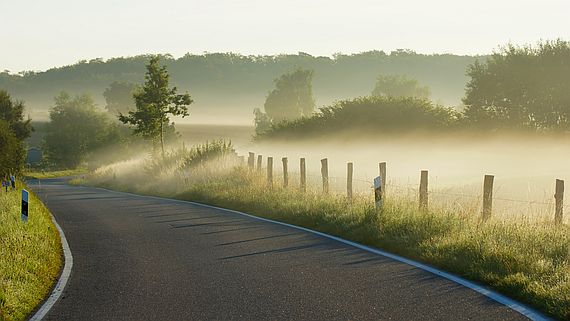
News & Stories
Kiel. The behaviour scientists are chasing after every detail, especially concerning travel behaviour on the topic of sustainability. Very slowly, consumers seem to be ready to act and not just talk. The willingness to pay compensations for CO2 is increasing. Eco labels in hotels are still not having the desired effect. Now, the first evaluation of a long-term research project took place.
Munich. The topic of ESG was omnipresent at Expo Real 2022: Investors and operators know that compliance with ESG criteria is becoming inevitable. What remains unclear, however, is who pays for which costs, who benefits most from the necessary measures, and how the progress of a sustainable property can be calculated at all. A panel discussion with Arbireo Capital, Arabella Hospitality and Engel & Völkers Hotel Consulting aimed to shine some light into the hotel darkness.
Augsburg. Today in focus: More and more Green Jobs / Real Estate & ESG Survey / German SME Survey / Radisson's 1st ultra-fast electric charging point / Kempinski's 1st ESG Report / RIU's 1st ESG Report / Platform for Climate-Tech Innovations.
Hamburg. Many sustainability alliances, cooperations or certifiers are far too concerned with emissions or the environment and far too little with people and employees, complains Prof. Dr. Wolfgang Georg Arlt. That's why he founded the "Meaningful Tourism Center" in Hamburg. And is looking for more positive examples from the hospitality's "human resources" world.
Brussels. The European business travel associations want to enforce a CO2 documentation obligation with comparable measurement results for the entire travel chain as an EU regulation. According to a position paper, hotels would then always have to include the CO2 footprint in their price offers, bookings and invoices.
Augsburg. There is no sustainability without the use of digital technologies. This message has now also reached German companies: 9 out of 10 companies implement their climate goals with digital technologies. Nevertheless, many companies still lack sufficient data and their IT specialists lack climate knowledge.
Bern. HotellerieSuisse believes that voluntary savings targets set by politicians, which the businesses themselves can achieve, are a good way to achieve this and has, among other things, co-founded an energy-saving alliance for this purpose.
Augsburg. Today in focus: BIM-based building passport / Biofuel at AIDA Cruises / Kerosene made of sunlight / Robot charging column for e-cars / Food waste measures at Metro.
Vienna. The ambitions towards sustainability among the Austrian hoteliers is probably not based on an increased environmental awareness but rather on cost factors: Some of them already wanted to be energy self-sufficient years ago, and more of them are doing so now. This certainly pays off during and after the gas crisis. Among the hotels, which produce their own power and heat, are pioneers and lucky stars. This is about an old castle hotel in Carinthia, the Boutqiuehotel Stadthalle Vienna, as well as about wood, wood chips and old figures.
Dresden. The sustainability reports of large hotel groups as they are published today will in future no longer be sufficient. They are too imprecise. The EU Commission has now intervened in a significant move: In July, it resolved to implement the new Corporate Sustainability Reporting Directive. In the industry, it means that significantly more companies will be required to report - starting as early as 2024. Standards are becoming much tougher, external audits mandatory. Professor Dr Hannes Antonschmidt from the SRH Dresden School of Management describes the changes.




